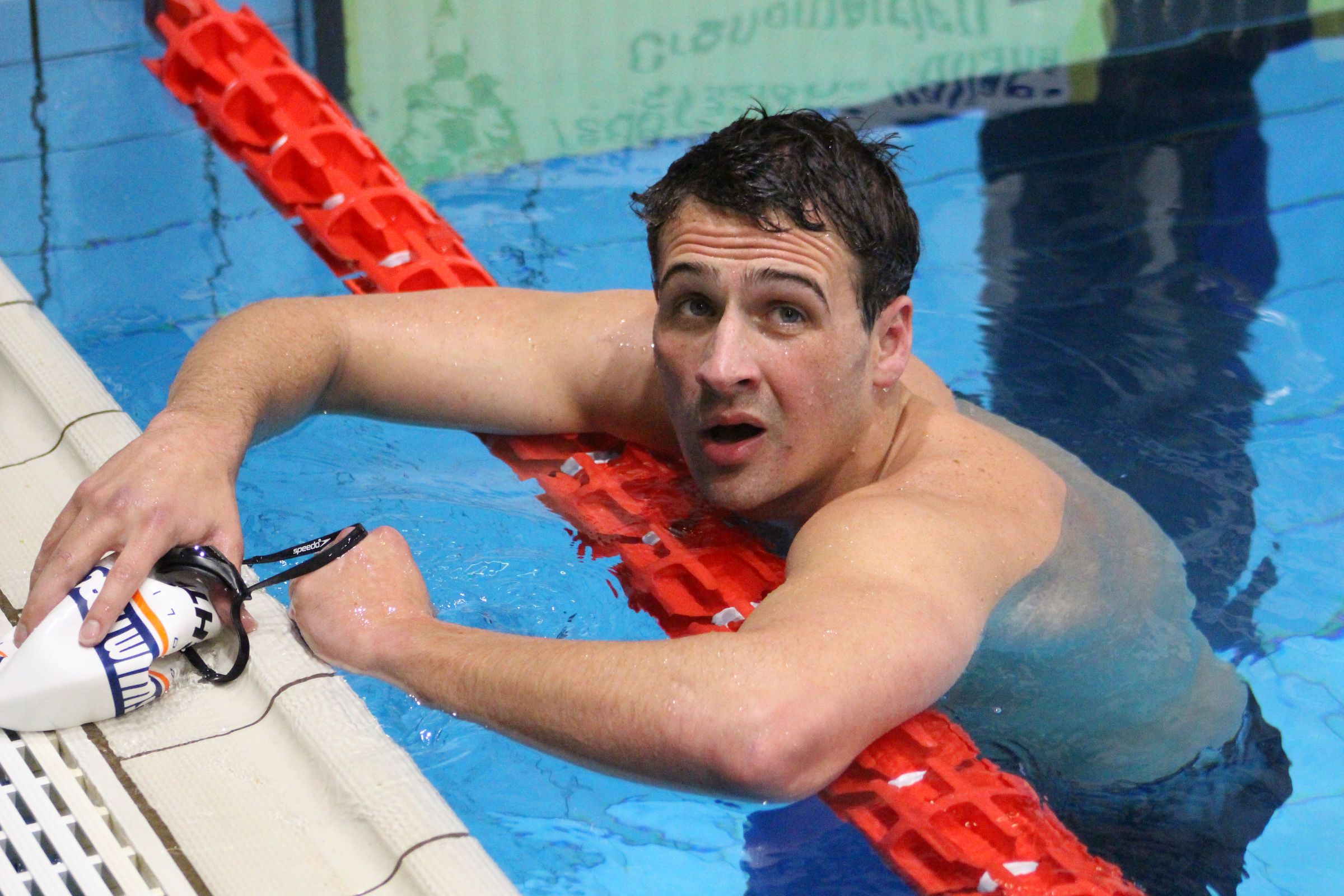By Sanuj Srivastava of aboutswim.com
 Swimming may be a low-impact sport that works all of your major muscle groups. With such high muscular demands, you may think that swimmers would spend considerably longer recovering than other athletes.Let’s see some vital key points to recover fast:-
Swimming may be a low-impact sport that works all of your major muscle groups. With such high muscular demands, you may think that swimmers would spend considerably longer recovering than other athletes.Let’s see some vital key points to recover fast:-
Hydration
Swimmers might not notice fluid losses through sweat, however maintaining adequate hydration is simply as necessary for swimmers as for any other sport. Symptoms of dehydration include a quicker heart rate, fatigue, dark-colored urine, headaches and dizziness. to remain hydrated, swimmers should drink water the night before and morning of competitions and practices. They also should drink a cup of water about every hour during competitions, with greater amounts needed in high-intensity swimming. Water is the most popular hydration drink, however after every second cup of water, swimmers should drink an electrolyte-containing solution for best hydration if swimming for long periods of time. Avoiding caffeinated drinks and being conscious of hydration needs helps swimmers recover from each workouts and competition.
ALSO READ:–Right Amount Of Protein Will Boost Your Performance
Always Warm Down After Workout
Swimming at a high speed like throughout a race, will cause the byproducts of energy production to make up within the muscles, delaying recovery. one of the most ways that swimmers avoid this buildup has a structured cool down period. this point is additionally known as active recovery since it’s a low-speed exercise that promotes recovery. sometimes completed in a warm down pool, swimmers can swim anywhere from 10 to 20 minutes. If the pool isn’t available, swimmers could stretch, jog lightly, perform arm rotations and different activities that use identical muscle groups as those used during the swim. These exercises increase circulation and remove energy production byproducts quicker than passive recovery.
Sleep More
 Being disciplined concerning your bedtime will create a large impact on your training. rather than going through the motions in morning practices, you can wake up feeling more restored from the previous day’s workout and prepared to hit the ground running. head to bed one hour earlier than you usually do. See how you’re feeling. Sleep may be a key time for the body to undergo protein synthesis so catch some additional shut-eye and let your body develop muscle tissue while you’re at it.
Being disciplined concerning your bedtime will create a large impact on your training. rather than going through the motions in morning practices, you can wake up feeling more restored from the previous day’s workout and prepared to hit the ground running. head to bed one hour earlier than you usually do. See how you’re feeling. Sleep may be a key time for the body to undergo protein synthesis so catch some additional shut-eye and let your body develop muscle tissue while you’re at it.
Read This:-How to Stay Hydrated During Swimming Workout
Always Warm Down After Workout
Take the time to swim some easy, quality laps at the end of every single workout. The relaxed, gentle movement of these laps will provide your body an opportunity to process and break down the stress chemicals it produced throughout the harder parts of your workout. to grasp why this is often necessary, let’s look at what happens if you skip your warm-down (not that you would ever do that, of course).
Recovery Food Helps You To Recover Fast
Foods that are rich in carbohydrates are an excellent supply of energy. By feeding alittle quantity of carbs before you hit the pool, you’ll enjoy a slow release of energy while you swim, helping you to stay going for longer. just make sure you leave lots of time to eat (up to an hour, ideally) before you jump in the pool, to avoid feeling distended. For more:-CLICK HERE
Must Read:- How to Boost Your Performance within month
Hello everyone ! myself Sanuj Srivastava, I'm a National swimmer and Computer Olympiad winner. I'm working on writing articles for competitive swimming. If you have some problem in swimming that needs some creative injection then that’s where I come in!
My aim is to bring across your message and identity in the most creative way.
No comments:
Post a Comment